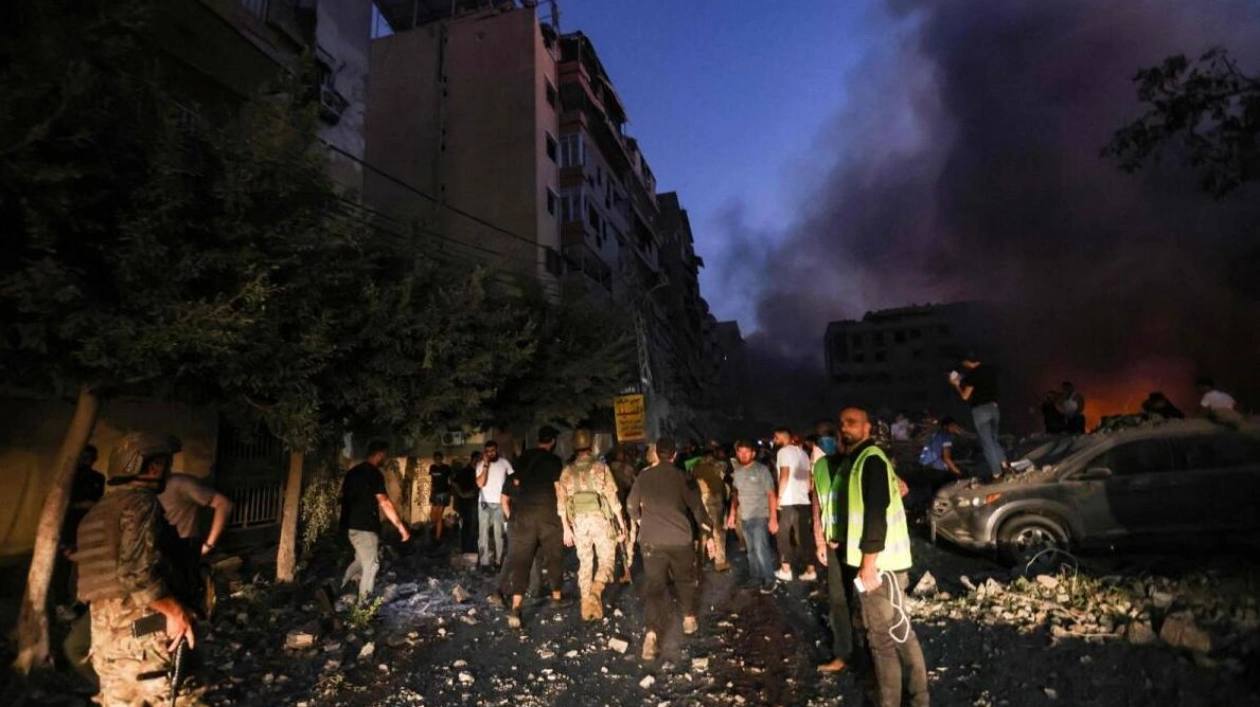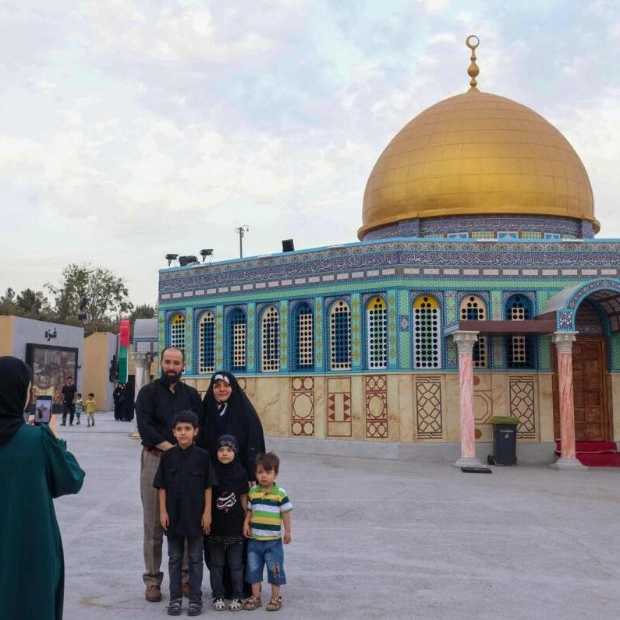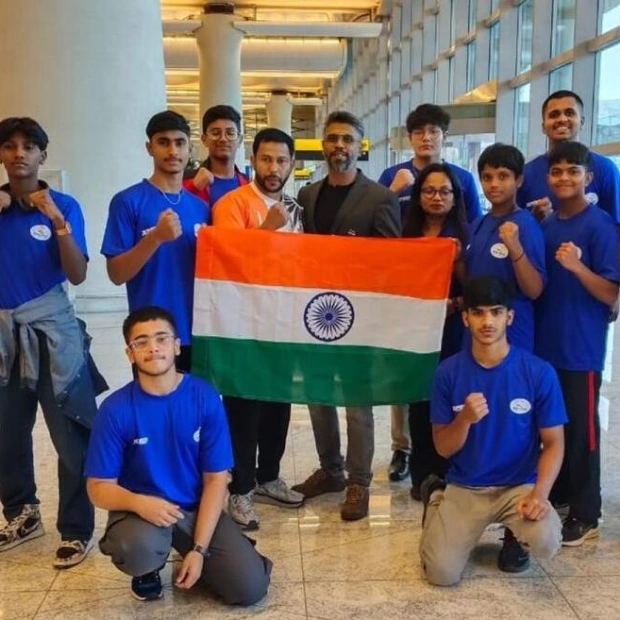Lebanon's army issued a warning on Sunday, urging citizens to avoid actions that could disrupt public order in the crisis-stricken nation following the killing of Hassan Nasrallah, the leader of the powerful Iran-backed group Hezbollah by Israel. In a statement, the army emphasized the importance of preserving national unity and avoiding actions that might jeopardize civil peace during this perilous and delicate period. The statement further highlighted that 'the Israeli enemy is working to implement its destructive plans and sow division among Lebanese.'
Lebanon, a country long divided along sectarian lines and scarred by the 1975-1990 civil war, has seen Hezbollah, a Shia movement with significant influence and military power, come under criticism from some Lebanese politicians for opening a 'support front' against Israel in response to the Gaza war nearly a year ago. A Lebanese army official disclosed that troops have been deployed in Beirut since Saturday, where thousands have sought refuge from intense Israeli raids on Lebanon's south and east, as well as Hezbollah's stronghold in south Beirut.
Prime Minister Najib Mikati called for unity among Lebanese to maintain civil order, stating that 'our national responsibility at this historic and exceptional moment requires setting aside political differences.' United Nations special coordinator for Lebanon, Jeanine Hennis-Plasschaert, also emphasized the need for unity in a statement on Sunday, urging Lebanon to focus on common interests during this uncertain time.
Even traditionally opposing parties have refrained from making inflammatory statements following Nasrallah's killing. The Lebanese Forces, a Christian party widely seen as one of Hezbollah's fiercest critics, instructed supporters to remain 'radio silent' on social media. Former Prime Minister Saad Hariri urged Lebanese to 'rise above differences,' noting that Nasrallah's killing has plunged Lebanon and the region into a new phase of violence. An international court had previously found Hezbollah operatives responsible for the 2005 assassination of his father, Rafic Hariri, also a former Lebanese premier.
Hezbollah began exchanging cross-border fire with Israel in support of Hamas, a day after the Palestinian militant group's unprecedented October 7 attack on Israel, which triggered war in Gaza. In recent days, Israel has shifted the focus of its operation from Gaza to Lebanon, where heavy bombing since Monday has resulted in hundreds of deaths and tens of thousands of displaced individuals.






